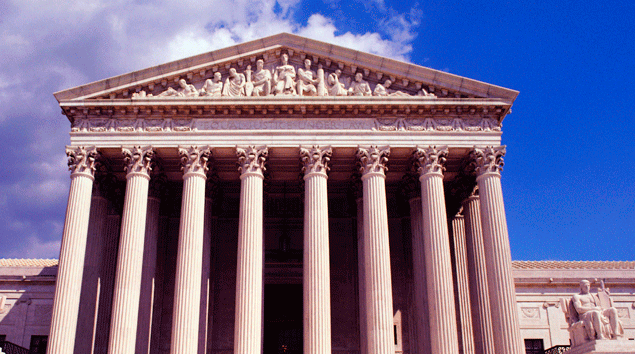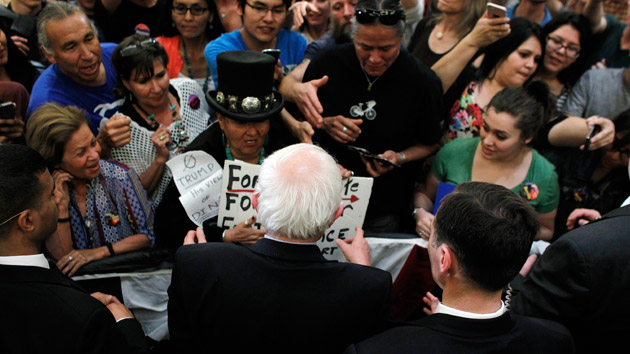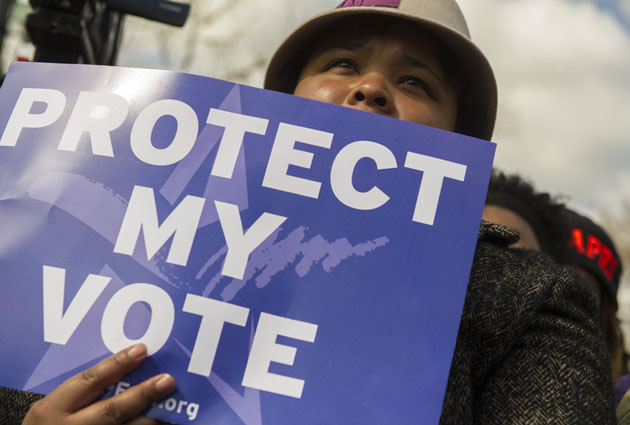
<a href="http://www.shutterstock.com/downloading_tips.mhtml?code=&id=243760507&size=huge&image_format=jpg&method=download&super_url=http%3A%2F%2Fdownload.shutterstock.com%2Fgatekeeper%2FW3siZSI6MTQ2MTM3MjU3MSwiYyI6Il9waG90b19zZXNzaW9uX2lkIiwiZGMiOiJpZGxfMjQzNzYwNTA3IiwiayI6InBob3RvLzI0Mzc2MDUwNy9odWdlLmpwZyIsIm0iOiIxIiwiZCI6InNodXR0ZXJzdG9jay1tZWRpYSJ9LCJlblBJMEZ1cXR4cksvUllFbTQ5LzdOVmMySmciXQ%2Fshutterstock_243760507.jpg&racksite_id=ny&chosen_subscription=1&license=standard&src=_hQzPHXo18NAEybQnqUltw-1-13">wavebreakmedia</a>/Shutterstock
On Friday, Virginia Gov. Terry McAuliffe announced that more than 200,000 of the state’s former felons will soon have their voting rights restored—a move that will allow convicted felons who have completed their sentences to vote in this year’s presidential election. McAuliffe described the executive order as a step towards correcting the state’s longstanding history of disenfranchising African Americans from the voting process.
.@GovernorVA signs executive action restoring voting and civil rights to over 200k Virginians pic.twitter.com/XUyEP0NoOn
— Terry McAuliffe (@GovernorVA) April 22, 2016
“There’s no question that we’ve had a horrible history in voting rights as relates to African Americans—we should remedy it,” McAuliffe said on Thursday.
The executive order bypassed Republicans in the state, who view former felons as potential Democratic voters. Their angry response was swift:
STUNNING: @TerryMcAuliffe literally just gave murders and rapists the right to vote in Virginia. https://t.co/X7x8ZBVLD2
— Virginia GOP (RPV) (@VA_GOP) April 22, 2016
Nearly every state—with the exception of Maine and Vermont—has restrictions on the voting rights of felons. Virginia’s restrictions have been in place since after the Civil War, when the state’s constitution permanently barred former felons from being able to vote.
Recently, the McAuliffe administration has loosened the strict ban by allowing former felons who were convicted of non-violent crimes to be automatically eligible to have their rights restored. Today’s announcement expands the right to include those who were found guilty of committing both violent and non-violent crimes but, as the Washington Post reports, restoration will no longer be automatic. The governor will be required to review each case on an ongoing basis.
For more on the movement to restore voting rights and the impact of disenfranchisement, read our explainer here.
















